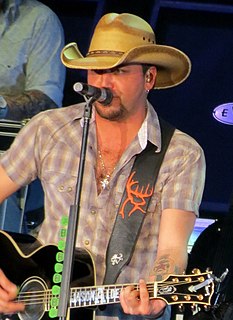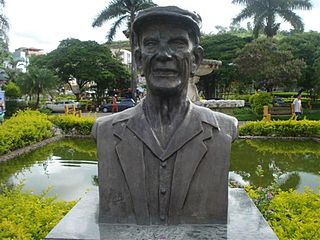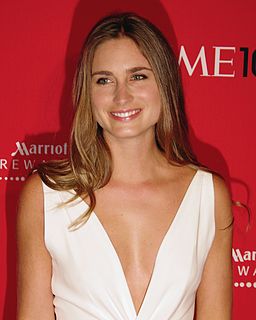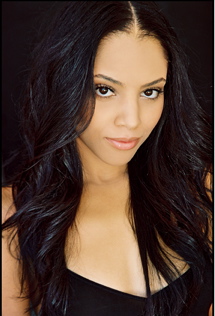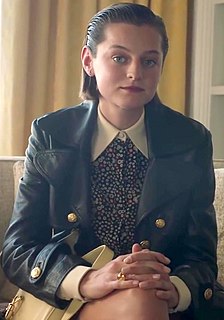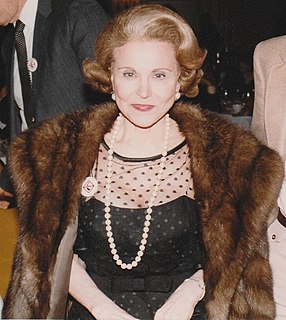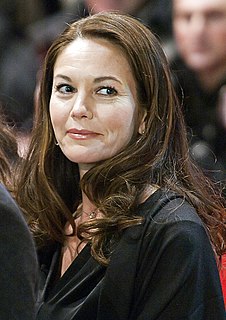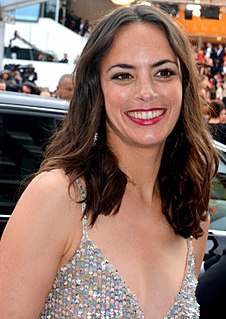A Quote by Phillipa Soo
There's the cool factor, right? You see your face on a sign or your name on something, like, 'Ahh! Here I am!' And then there's a huge responsibility and the scary part of it, which is like, 'Now what happens?' And then you realize, 'Oh, yeah, this is my job.'
Related Quotes
In Buddhist ideology, the conventional self is that which is constructed in a way by the use of the pronoun, and when you realize there is no absolute ego there, no disconnected one, self, or ego, then that actually strengthens your conventional ego. It does so in the sense that then you realize it's a construction, and you can strengthen it in order to help others, or do whatever you're trying to do, it's not like you no longer know who you are. Then you can organize your behavior by using your ego, as it's now the pronoun.
When I was a child, I spoke like a child, I thought like a child, I reasoned like a child; when I became an adult, I put an end to childish ways. For now we see in a mirror, dimly, but then we will see face to face. Now I know only in part; then I will know fully, even as I have been fully known. And now faith, hope, and love abide, these three; and the greatest of these is love.
I think because we're ourselves, we tend to think we're unique. 'I have problems that are just specific to me.' Then you connect with one of your parents and you realize, 'Oh yeah, we had all that stuff, too.' You're not that original. I mean, in a good way, because it makes you feel like you're connected and a part of the world and not an island.
I think I was trying to choose a name for him, and my flatmate was like, 'Oh, you should call him Diana.' I was like, 'Yeah. Very funny.' I think someone then said 'Diana Spencer,' and I'd always wanted to call my dog quite like an old person name, like Janet or something like that. 'Spencer' weirdly fit that bill.
If you have a good name, if you are right more often than you are wrong, if your children respect you, if your grandchildren are glad to see you, if your friends can count on you and you can count on them in time of trouble, if you can face your God and say "I have done my best," then you are a success.



